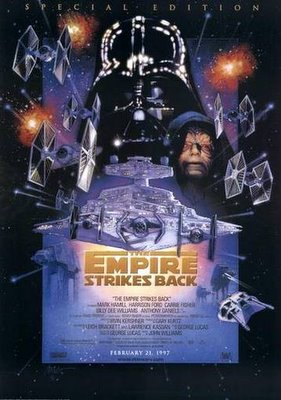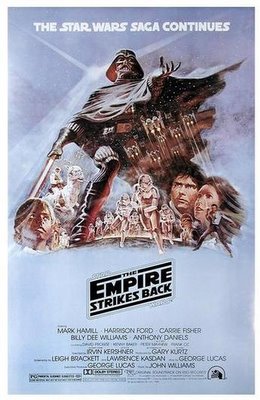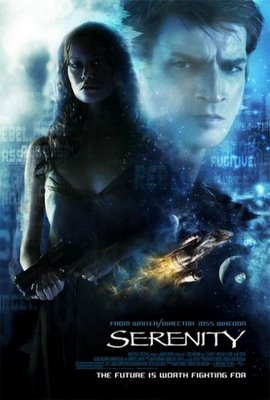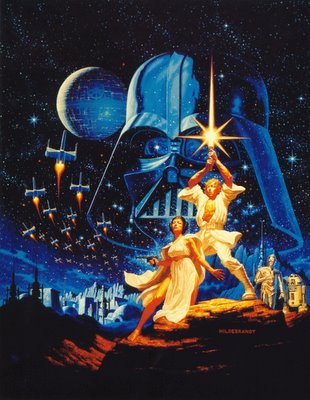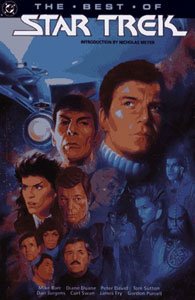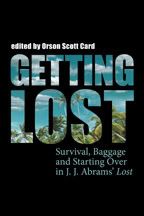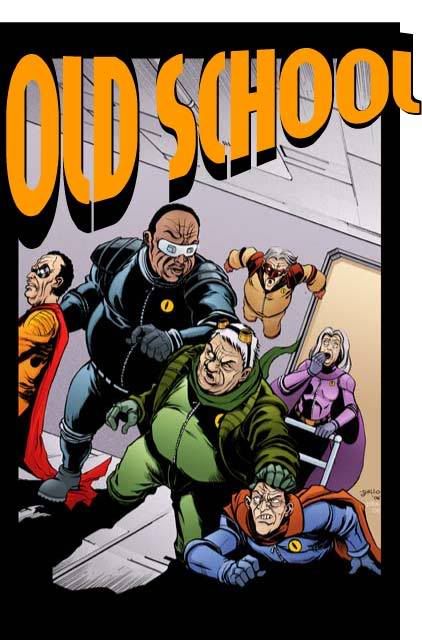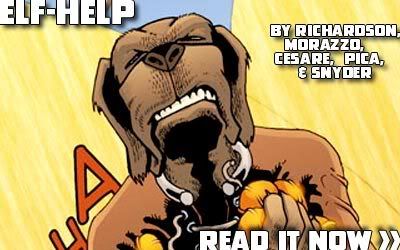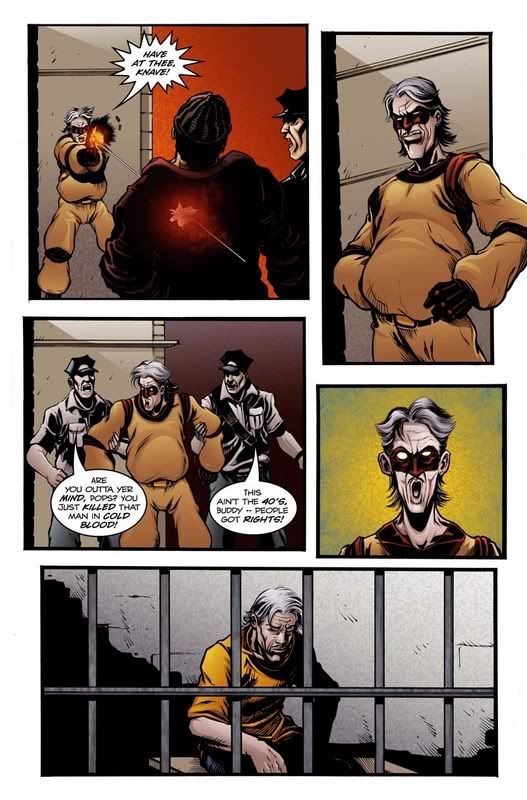the Beginning is near
the writing of Robert Burke Richardson
Thursday, December 28, 2006
Thursday, December 21, 2006
Wednesday, December 20, 2006
Dark Horrors: The Gargoyle
Dark Horrors, a new anthology from Arcana Studio, should be showing up Wednesday (the 20th of December) at discerning comic shops everywhere.
Artist Shom Bhuiya and I have a story in here called "The Gargoyle," which was grey-scaled and lettered under the supervision of Dario Carrasco, when this was going to be a Panday Studio affair (thanks, Dario!). I still haven't seen it in finished form -- fingers crossed it looks good!
Incidentally, "The Gargoyle" was the very first comic script I ever wrote, way back in 2003. Fitting that it should be the first comic work of mine to see print.
Alright, I'll shut-up now. Here's the first two pages:
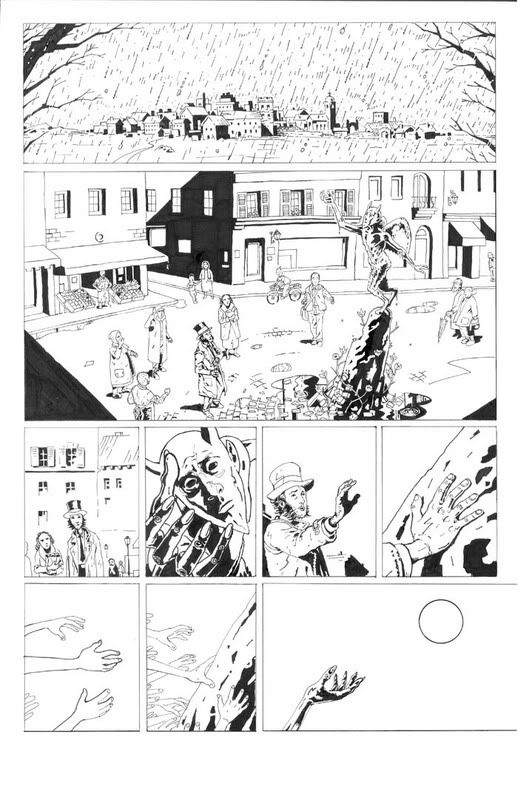
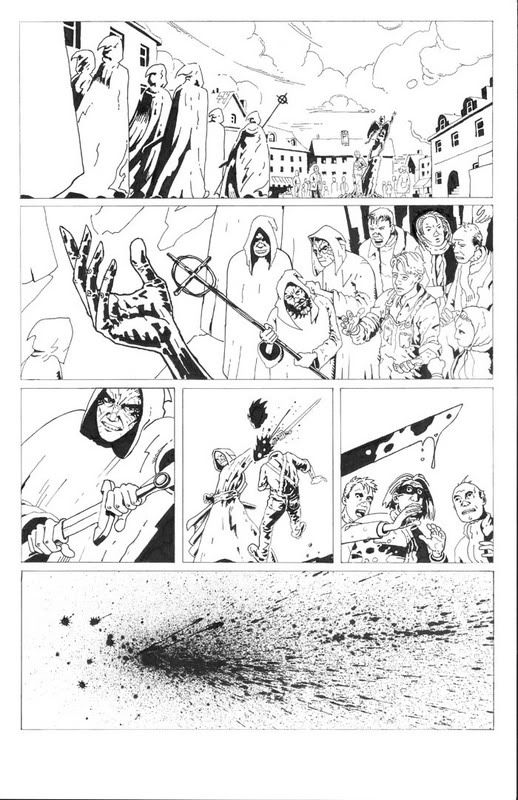
Monday, December 18, 2006
LOST = Dark City?
*This post contains spoilers for the 1998 movie
Part of the reason the inhabitants of
Dark City, in my opinion, does everything The Matrix tries to do, but does it in a far more successful and entertaining manner. But that, of course is neither here nor there: the real reason for this post is to see what, if anything,
So, the City and the
And that purpose is…? At this moment -- very, very late at night -- I think the purpose must be to discover the human soul. To discover it and, possibly, to change it.
The lostaways are not unlike the inhabitants of
This mixing and matching of experience and personality in order to grow something new is what writers do, anyway. It's what fiction (good fiction, at least) has always done. It's the magic of being able to learn something true from a lie, as we do with fables (and issues of Groo); or being able to learn something about oneself by watching and empathizing with a (fictional) person who is not you.
Is there something more other than the Others lurking within the mysteries of Lost? Most definitely. Will it turn out to be as concrete as the aliens from Dark City? My personal suspicion is no: Lost has always been about human beings, and I think it will continue to be so. We may encounter an older species of human, or even a more highly evolved species of human, or even a differently evolved species of human -- whatever it is, it will be something related to us in some way.
Or not. Maybe in the end I'll be wrong: maybe the ultimate Other on Lost is the
(Btw, I totally called the smoke monster thing...)
tags: Lost, theories, TV, Dark City, Schreber
Friday, December 15, 2006
Monday, December 11, 2006
Elf-Help #38 -- final episode
The first chapter of Elf-Help has come to a close. Both co-creator Martin Morazzo and I are very close to these characters, so I think it's safe to say their story will continue in some form in the not-too-distant future.
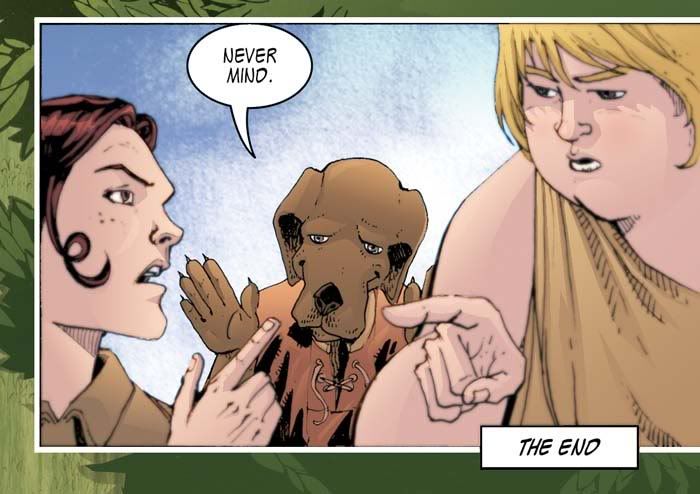
Friday, December 08, 2006
Monday, December 04, 2006
Construction of the Superheroine
I was in the middle of finishing the third and (for now) final issue of The Matriarch when I discovered the Occasional Superheroine blog.

The account contained therein is gut-wrenching, eye-opening, funny, and tragic. And for me, inspiring in a very specific way. I was reflecting on the story I’d been telling with my single-mother superheroine, and wondering if it was edgy enough to be of interest to modern comics readers. No one dies in any of the three issues (although lives, psyches, and identities are shaken to the core (but don’t worry -- they re-emerge purified, re-imagined, and stronger than ever)).
Back when I first conceived of this story (putting a comic together can sometimes take a long while), none of the books starring female heroes were delivering quite the level of fun I wanted as a reader. There were some great books, mind you -- Andreyko's Manhunter at the forefront -- but they were all so dark. I wanted something along the lines of Invincible or Ultimate Spider-Man, but with a more female slant. After looking for a little while and not being able to find a book that delivered exactly what I wanted, I decided the best course of action was to make my own.*

Reading Occasional Superheroine, and the various reactions to it, made me thankful I went the way I did when constructing the Matriarch. Abuse can, I suppose, be a legitimate motivating factor in superheroic self-creation, or a tool for establishing a villain as really really bad, but it is hardly required. Spider-Man doesn’t need to be raped to get a good story out of him.

When constructing a character for the long haul, you need a timeless, iconic core, but you also need to build in enough ongoing personal or social issues that the types of stories you can tell with the character -- while hopefully resonating within a fairly narrow range of tensions or issues established in the first issue -- are ever evolving. Both Superman and Spider-Man, in the beginning at least, had secret identities that were integral parts of their stories. Superman was fuelled by the Clarke-Lois-Superman love triangle, and Spidey was torn between his duties to his family, and his responsibilities as a super hero. (For way more analysis than you could ever want on what makes Spider-Man tick, keep an eye out for my essay in the Gerry Conway-edited Webslingers anthology, coming soon from BenBella Books.)
For The Matriarch, I took the elements that I thought worked well in the classic characters whose stories have gone on for decades, and discarded elements that seem to hamper things. There are any numbers of ways to construct an enduring character, of course, but one of my chief concerns was for the Matriarch to be a likable character -- someone who would be a joy to write, and a person you might actually want to hang around with month after month. Rather than give her deep personal flaws to overcome, I try to grow plots organically (hopefully seeded with elements that resonate with her central tensions) and put her in situations where the world itself is flawed. This way, the Matriarch is always fighting for something: a better world.
Anyway, I found myself wondering if there was room on the shelves for a female super hero who doesn’t kill -- doesn’t get killed -- and actually wears clothing; Valerie’s tale reaffirmed my conviction. The Matriarch is a story worth telling -- and worth telling in just the way I first envisioned. (The market may, of course, tell a different story, but that’s another matter entirely.)
It’s all a bit corny, really. But if you can’t be a little corny in a super hero book, then where can you be? The Matriarch stands for positive values. She’s a hero you can look up to. Deal with it. :)
*Though it didn’t exist back when I first conceived of the Matriarch, Heinberg’s Wonder Woman seems to have a lot of the fun, romance, and adventure I was looking for (I can’t be sure yet, of course, since not enough of it has come out yet). Also, there are a whole gaggle of well-constructed (and fun to read!) younger female characters out there right now including the girls in Runaways, Giant Girls in both Young Avengers and Marvel Adventures Avengers, and of course Spider-Girl.
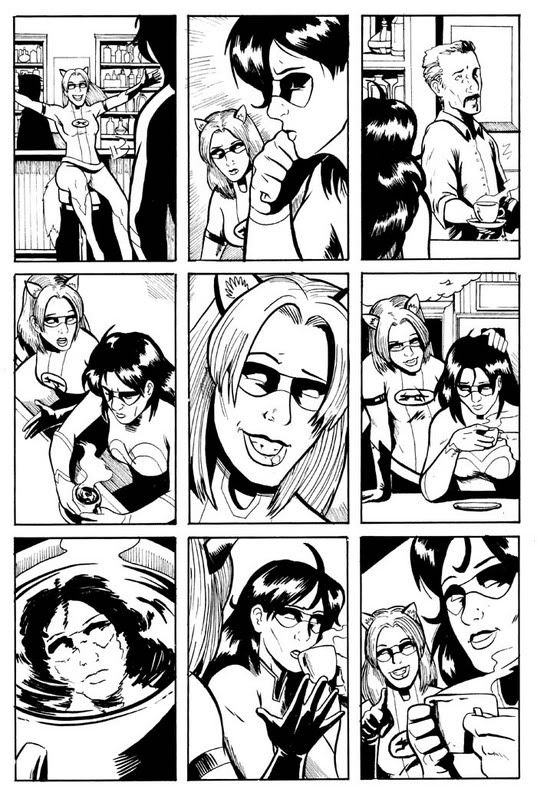
tags: comics, feminism, mothers, women, superheroine



